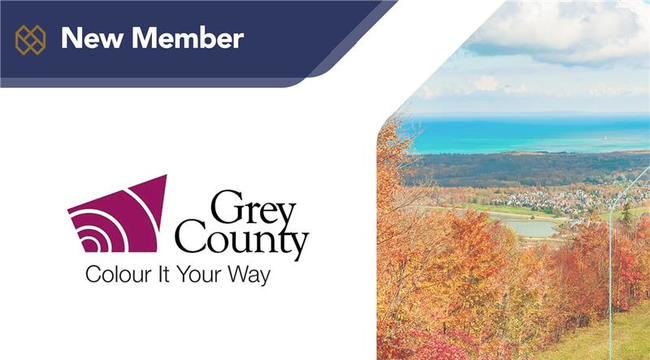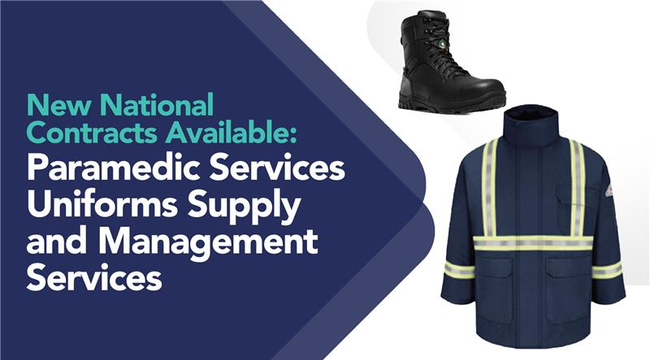HealthPRO Canada News
June 25, 2021
Don’t ask Humber River CEO Barb Collins to leave the office early – there is always someone to chat with or help with a problem

Barb Collins started working at Humber River Hospital (HRH) in 1999 and moved through a series of positions, including COO and since 2016, President & CEO. Barb is a registered nurse, with an MBA, and admits that working is her greatest joy. One of her proudest accomplishments as COO was overseeing the design, construction and activation of the new 1.8 million square-foot Humber River Hospital. Barb recently joined the HealthPRO Board of Directors.
_____________________________________________________
One of your biggest projects before becoming CEO of Humber River was as the executive lead for the hospital’s redevelopment project – a groundbreaking effort that elevated Humber River to being North America’s first digital hospital. What kind of skills did you discover are needed to oversee a massive project like this one?
I believe if you're going to design a hospital, a clinical background is very important. I have a varied clinical background having worked in many patient care areas and so had some of my team members. We also brought three of our physicians and several clinical staff to the design process to add that important clinical aspect of design. For the digital component, we hired a CIO who had a lot of unique ideas and had implemented some interesting digital projects.
We worked with the GE Hospital of the Future Team, and we found if you are trying to be operationally efficient as you move to a bigger facility and you want your patients to be able to find you, design is not enough. So the idea of becoming a digital hospital really grew out of trying to be an operationally-efficient and high-reliability hospital. Just by looking at, for example, how many times a nurse goes back to the nursing station to answer a phone; what if we put the phone in her hand? Go and look up lab work – well, what if it came directly to her phone? Those are the initiatives we looked at, developing many similar digital workflows focused on operational efficiency and high reliability care.
It must been quite a feeling during the whole process, watching it all unfold. What did you learn about yourself through this experience?
It's a privilege to have worked your whole life in healthcare and it’s rare to have an opportunity to build a new hospital towards the end of your career. I know that tenacity, perseverance and a lot of energy are three things required for such a project. You’re on such a rapid timeline, you don’t have months to decide things. You want to consult with the providers, you want to consult with the community, and then you have to get to a decision.
Through your various roles – as a Registered Nurse, clinical director and manager, COO and CEO – you’ve been and continue to be part of many busy and high-functioning healthcare teams. How do you keep your teams motivated?
Through engagement, conversation, and presence. I believe that to be an effective CEO you need to engage staff, physicians and volunteers. At HRH we use a very formal process of rounding. Leadership coaching and many staff and physician forums to share information and ideas, while seeking advice from the team. You don't do that in eight hours a day, five days a week. You have to spend a lot of time on it and often after-hours as hospitals, unlike many other organizations, are a buzz of activity 24/7.
Did you have to shift a lot or make changes during the past year as we coped with a whole different landscape?
Certainly this past year has probably been one of the more challenging. If you like healthcare, it's a changing, dynamic business. I was a critical care nurse initially, enjoying the fast-pace that environment provides. And that's what COVID has been about. Fast-paced decision-making and change. What's most important when there is change and fear, is that you lead your team through that with communication, conversation, making sure they have all the information you can give them. So, we're very transparent. We tell people what we know and we tell them what we don't know. Trust is a key component leading through the type of change COVID 19 brought about. We've learned a lot about each other and what our talents are and how to cope. So in many respects, it’s been a learning year.
What makes the mission of HealthPRO meaningful to you?


